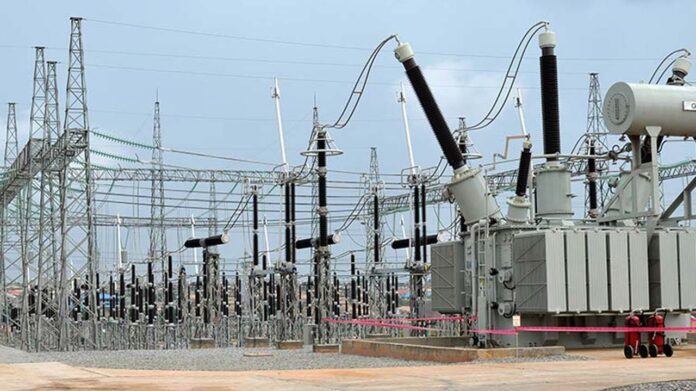Power sector operators and experts have raised concerns, expressed fears and projected opportunities as some states assumed responsibilities for regulating electricity markets within their various domains.
This follows the recent revelation by the Nigerian Electricity Regulatory Commission that seven states now control their electricity markets in accordance with the Electricity Act 2023.
The states are Enugu, Ondo, Ekiti, Imo, Oyo, Edo, and Kogi. Other states, including Lagos, Ogun, Niger, and Plateau, are expected to complete their transitions between June and September.
Anambra, having recently passed its electricity law, is also gearing up to join the list.
Before President Bola Tinubu signed the new Electricity Act in 2023 with the Federal Government, through the Nigerian Electricity Regulatory Commission, the only agency regulating electricity in Nigeria.
However, the decentralisation of the sector by the Act has now given states the authority to control and regulate electricity within their domains, granting them the freedom to generate, transmit, and distribute power.
This marks a historic shift in Nigeria’s electricity governance, from a centrally regulated structure to one where states are empowered to generate, transmit, distribute, and regulate electricity within their borders and only submit to national oversight by the NERC.
This shift, while hailed by stakeholders as a leap towards energy decentralisation and market competitiveness, is already raising questions over capacity gaps, regulatory clarity, subsidy management, and potential friction between state and federal oversight. This is because NERC appears to be losing relevance in the very sector it was created to govern.
While officials at NERC expressed reservations about some states’ ability to manage their power markets, some industry experts said the development had created opportunities with challenges.
It was reported that the seven states who now have the power to generate, transmit, and distribute electricity, will as well regulate the same and grant approval to licensees without the influence of NERC.
The regulator also disclosed during a presentation at the power stakeholders’ meeting in Lagos recently that 11 out of the 36 states had commenced the process of transitioning to self-regulation of electricity.
Discussions at the meeting focused on the transition to state electricity markets, with participants highlighting current sector challenges and proposing practical and collaborative solutions.
“So far, 11 states have commenced the transition process, with seven states — including Enugu, Ondo, Ekiti, Imo, Oyo, Edo, and Kogi — already transitioned,” NERC stated in its presentation.
The stakeholders emphasised the importance of capacity building, regulatory coordination, and investment readiness to ensure sustainable, state-led electricity markets under the framework of the Electricity Act 2023.
Once regulatory functions are transferred from the NERC, the states will regulate their electricity markets.
Similarly, the electricity distribution companies operating in the seven states and other licensees would be controlled by the states, instead of the Federal Government’s regulatory commission.
In states where NERC has ceased to operate, the Discos hitherto operating in those states would be mandated to incorporate a subsidiary company to assume responsibilities for intrastate supply and distribution of electricity in those states.
For instance, as the Enugu Electricity Regulatory Commission commenced operations, the Enugu Electricity Distribution Company set up a subsidiary named Mainpower Electricity Distribution Limited, which was licensed by the state regulator.
This means that the main Enugu Electricity Distribution Company is now operating under different regulations. While some experts expressed worries over the development, others said it could be a positive turnaround for the power sector.
In line with the Electricity Act, the NERC has since April 2024 issued 11 transfer orders to states that have applied and met the necessary conditions. Each order comes with a six-month timeline for full operational handover.
For instance, Lagos and Ogun are set to complete the transition this month, Niger in July, and Plateau in September. Meanwhile, Anambra has formally set the ball rolling with the establishment of the Anambra State Electricity Regulatory Commission, following the passage of the state’s electricity law signed by Governor Charles Soludo.
Despite the optimism, industry sources warn that many of the states may not be adequately prepared for the complex regulatory and operational responsibilities ahead.
-Advertisement-
Grab our latest Magazine, "Hon. Chief C.O.C Akaolisa gets justice". Get your order fast and stress free.
For more details about Newswire Law&Events Magazine, kindly reach out to us on 08039218044, 09070309355. Email: newswiremagazine@yahoo.co.uk. You will be glad you did






